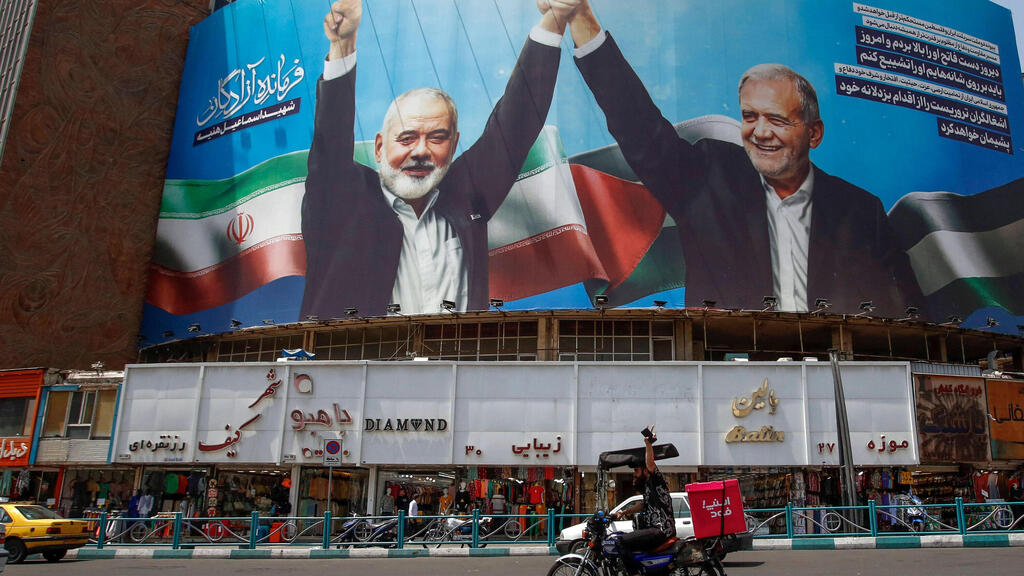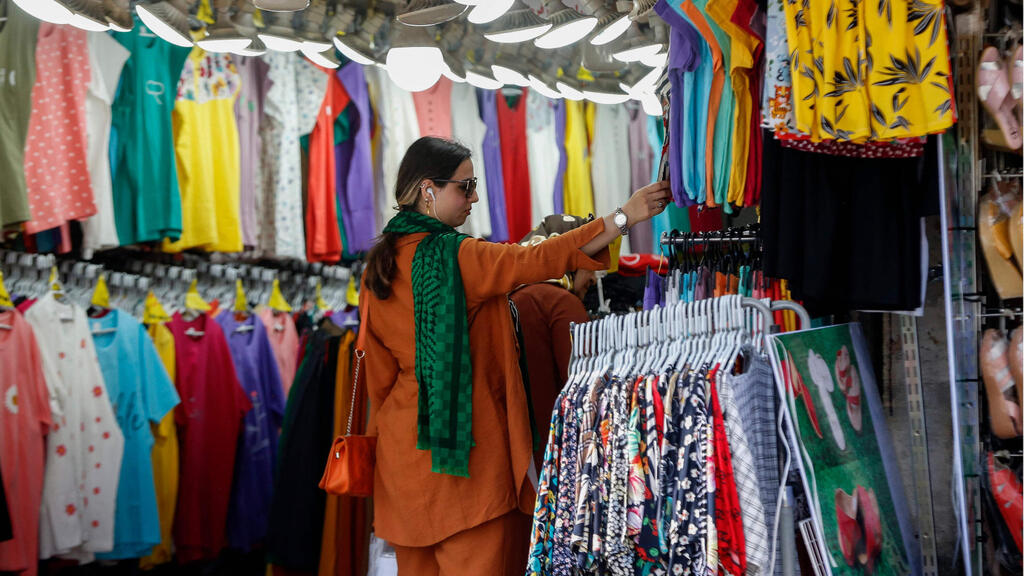Getting your Trinity Audio player ready...
The World Bank warned in a new report that a war against Israel would be catastrophic for Iran's economy.
According to the recently issued report, war will result in high youth unemployment, a lack of investment, a struggling automotive industry, rapid currency devaluation, a distorted exchange rate regime, skyrocketing inflation, and a deteriorating productive sector.
The World Bank report notes that that the real income per capita and standard of living in Iran in 2024 are lower than in 2014, with the gap between Iran and other developing nations widening. Even a relatively brief military conflict with Israel, the report suggests, would come at a high cost to Iranian citizens.
"Iranian entanglement in the Gaza war," the report states, "could result in a loss of GDP and income exceeding 10%, disrupt ongoing economic activities, significantly lower living standards, and further diminish productive investments."
Moreover, the World Bank economists, including Iranians among them, caution that "active involvement in the Gaza conflict will inflict long-term damage on Iran's human and physical capital." They warn that "the inevitable devaluation of the Iranian currency would reignite inflation," with the annual rate quickly rising to around 60%. Another significant consequence would be a two-thirds reduction in Iran’s oil exports, deepening the government budget deficit—which is funded by oil exports to countries that ignore sanctions, primarily China—to about 6.5% of GDP. "The Iranian government," the economists conclude, "would be forced to divert a significant portion of its budget to defense and military needs, at the expense of critical social and economic goals."
As an international institution, the World Bank typically refrains from expressing opinions on the foreign and security policies of its 200 member states. The public warning by the Bank's economists to Iran’s leadership was due to its devastating economic and social costs and likely to have a significant impact on President Pezeshkian and his administration.
Whether it will influence Iran’s Supreme Leader Ali Khamenei is uncertain. Six months ago, under the hardline presidency of Ebrahim Raisi, the answer would have been a definitive no.
Now, following Raisi’s mysterious death in a helicopter crash the answer could potentially be yes—but only potentially. Dictators usually have little interest in economic concerns, but sometimes they have no choice but to consider them.



